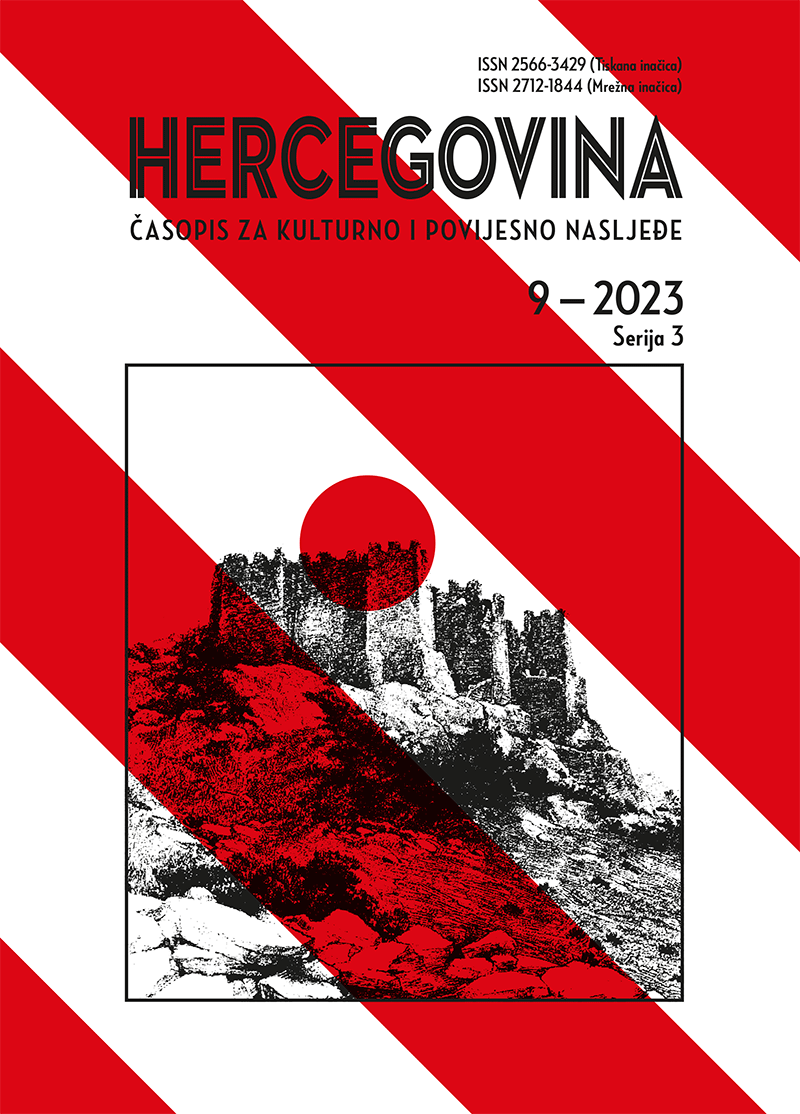Kraj "idile" - Avangarda i nezadovoljna radnička klasa 1980-ih*
The End of the "Idyll” – The Avant-Garde and the Dissatisfied Working Class of the 1980s
Author(s): Davor MarijanSubject(s): Political history, Social history, Social differentiation, Post-War period (1950 - 1989)
Published by: Filozofski fakultet Sveučilišta u Mostaru - Studij povijesti i Hrvatski institut za povijest - Zagreb
Keywords: working class; crisis; Croatia; Yugoslavia; social dissatisfaction; strikes;
Summary/Abstract: The article discusses the disintegration of the coalition of interest between the League of Communists of Yugoslavia as the avantgarde of the workers’ movement and the working class in Yugoslavia, with emphasis on the situation in Croatia. Their "coalition” was an exchange for legitimacy for the communists, and the working class gained job security and broad social rights through them. Such a coalition of interest was challenged during the economic crises in the 1980s, which could not be successfully resolved by the theoretic postulations of socialist self-management. Because of the economic crisis, the party leaders considered the socially motivated dissatisfaction of workers as potentially the greatest source of political crisis and social destabilisation. Party leadership was exceptionally sensitive to this subject, and because of the concept of Yugoslav society as a socialist self-management state in which, at least formally, the power rested in the hands of the working class, and the League of Communists was just its avantgarde form. During 1988, the predominant opinion in the avantgarde was that changes towards a market orientation were necessary, which actually meant the end of socialist self-management and the "coalition” of interest with the working class.
Journal: Hercegovina. Časopis za kulturno i povijesno naslijeđe (od 2018)
- Issue Year: 2023
- Issue No: 9
- Page Range: 307-337
- Page Count: 31
- Language: Croatian

